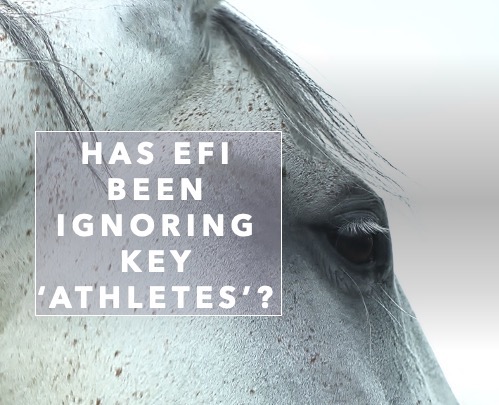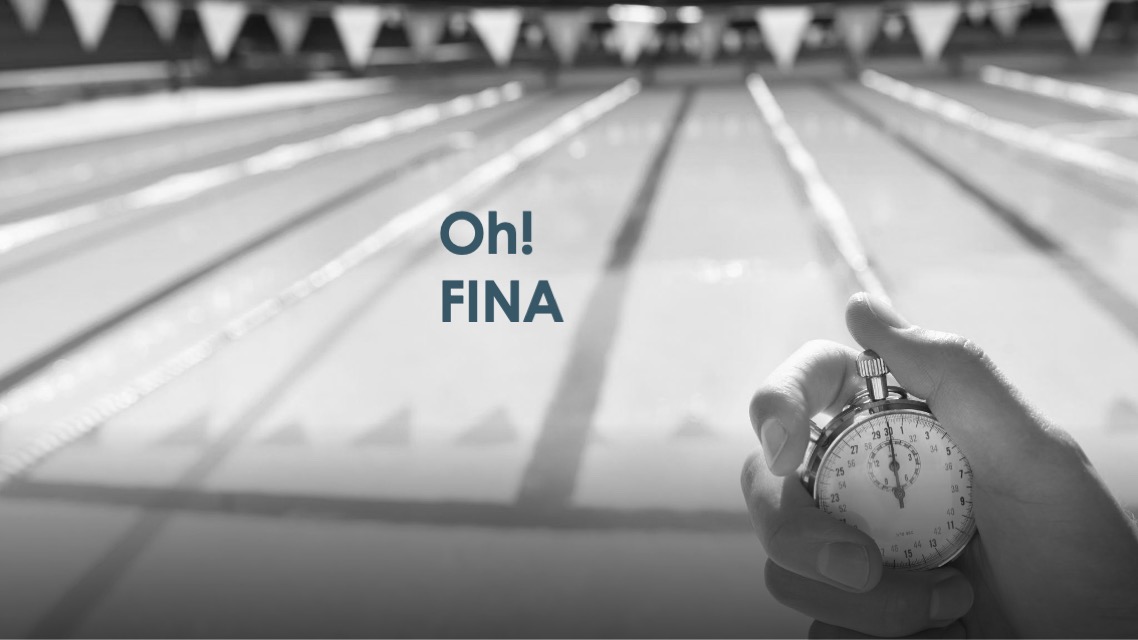Swimming Federation of India has unveiled ambitious plans to embark on a coach education programme, one that aspires to upgrade the knowledge of 3000 coaches over five years so that they can ‘learn to connect, engage and inspire swimmers’. A long over-due step, the coach education programme may be a shot in the arm for the sport in the country.
Besides organising its own resources, SFI has secured assistance from FINA Olympic Aquatics Support programme, launched back in February 2018, to announce the Coach Education, Development and Certification Pathway with Australia’s Moregold Performance Consultants as its knowledge and implementation partner.
However, even as SFI announced the partnership, it revealed that a steering committee to oversee the programme and a technical panel of Indian coaches to work very closely with Wayne Goldsmith of Moregold Performance Consultants would be formed. Neither of these panels has yet taken shape.
At a time when the immediate focus should have been on resumption of the sport for all competitive swimmers, SFI chose to draw attention to the Coach Education and Certification Pathway. There has been no word on how top swimmers in Maharashtra, Kerala and Tamil Nadu would resume training.
There is no doubt that coach education is critical, and if in the long-run swimming coaches – all 3000 of them – have one goal, India would stand to benefit. It is going to take a lot of effort to re-engineer the current landscape. It can be hoped that SFI leadership will pay as much attention to redesigning it while providing the coaches a chance to upgrade their knowledge.
With academies looking to be branded as Khelo India Centres of Excellence, the poaching-alongside-Coaching approach is only likely to grow. And with some of them enticing the swimmers identified as development athletes in the TOP Scheme, it is important for SFI to step in and ensure that the athlete development plan does not degenerate to another revenue stream.
Be that as it may, when asked if SFI has any plans for swimmers in States where pools are not reopening on October 15, its chiefs said it was not a practical idea for young swimmers (and their parents) to move from their home State to another. They also said that while senior swimmers could go to a centre in another state, they do not want to train under a new coach.
SFI is content that some elite swimmers are back in training and did not focus on the others. “They (the elite swimmers) will be back in training and we’re focusing on that much,” SFI said, pointing out that it has encouraged State units to create their own bubbles in one or two centres. Sounds like swimmers in some States have been left to their own devices.
It was clear on Tuesday that SFI has not managed to even compile a list of States that have allowed swimming pools to reopen. When asked how many States had allowed swimming to resume, the SFI Secretary-General said formal approval was expected from most States but he could not give an exact count of such States.
Maharashtra and Kerala indicated early that they would not let pools reopen on October 15. News from Tamil Nadu is that there is little chance of pools reopening for another month. When the Ministry of Home Affairs announced Unlock 5, stating that pools for competitive swimmers would be allowed to reopen, State units could have been proactive.
As a footnote, it was interesting that SFI cited four Indian swimmers featuring in the 2019 18 & Under World 100 list, brought out by USA Swimming each year, as evidence of there being no dearth of talent. “We need to provide the right support and exposure to the existing talent while we go about adding to the list,” SFI Secretary-General Monal Chokshi said.
A look at the list on the USA Swimming website reveals that the 10th place in 100m backstroke for Srihari Nataraj is heart-warming. He is ranked 39th in the 200m backstroke and 83rd in 100m freestyle. Advait Page is placed 25th in 800m and 45th in 1500m freestyle while Aryan Nehra is 44th in 1500m freestyle and Tanish George 89th in 200m butterfly.
These are the eight occurrences in a document that has got 2807 listings across a number of events. While the idea of providing exposure to the talent is a good one, SFI must be the first to admit that, over a number of years, it has done little to discover more talent, let alone to enhance its performance.
Three medals in 17 Asian Games after the home swimmers won six medals in the inaugural edition in 1951 tell a story of their own, don’t they? The nine medals represent a miniscule 0.59 per cent of the 1510 medals in Asian Games swimming competitions over the years. It is time that SFI introspects and innovates at all levels – from grassroots to elite.
At the moment, however, there is no official word on where and when the swimmers returning from a two-month training stint in Dubai would train. Nor is there a move to define ‘competitive swimmers’ and address the uncertainty faced by those at the sub-junior and junior levels about when they could become familiar with pool waters again.



